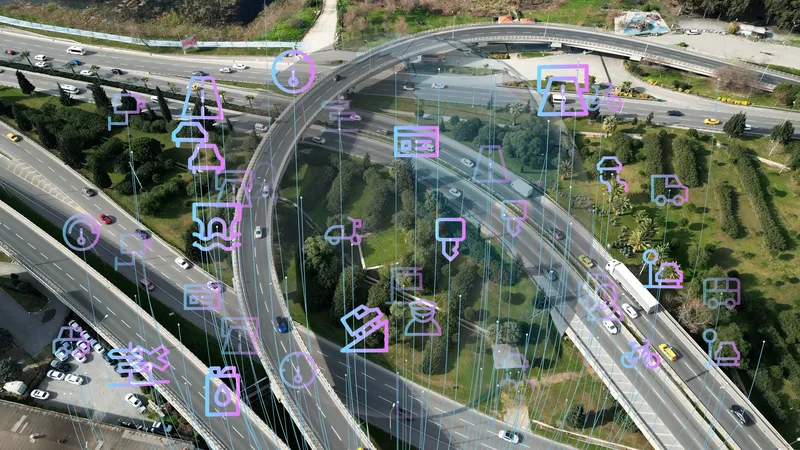Siemens, Cohda Wireless and NXP Semiconductors are to partner on vehicle to infrastructure (V2I) technology, a part of cooperative intelligent transport systems (C-ITS), which share information between vehicles and roadside infrastructure such as traffic lights. This increases the quality and reliability of information available to drivers about their immediate environment, other vehicles and road users.
Under the agreement, Cohda Wireless will develop and produce V2I roadside units (RSUs) for Siemens, e
October 8, 2015
Read time: 2 mins
Under the agreement, Cohda Wireless will develop and produce V2I roadside units (RSUs) for Siemens, enabling this 'smart infrastructure' to communicate with connected vehicles. It will also see Siemens base its Sitraffic ESCoS RSU upon Cohda's market-leading MK5 V2X family, using NXP's Roadlink chip sets. Siemens will deploy NXP technology for various ITS field tests and pilot projects, including the A58 motorway in the Netherlands, A9 motorway in Germany, and the Living Lab in Austria.
Siemens expects to globally deploy transport infrastructure such as overhead sign gantries and traffic lights in its RSUs, which are 802.11p WLAN-based radio modules that reliably and securely transmit information such as speed limits, warnings of icy roads or other dangerous situations, traffic jams and construction warnings within a fraction of a second to passing vehicles and traffic control centres. The successful adoption of vehicle to infrastructure technologies is expected to significantly reduce traffic congestion, reduce vehicle accidents and lower auto-related pollution.
Cohda Wireless will provides hardware and software development services and products for the roadside units, based on Siemens' long-standing ITS expertise and development specifications. Cohda will also ensure maximum communication reliability and quality, even in challenging reception conditions such as between tall buildings. NXP will supply Siemens with the secure WLAN-based radio chipsets for the roadside units.
Siemens claims its Sitraffic platform is the world's most comprehensive road traffic management platform. Its ESCoS RSU will be able to communicate important information to and from cars and larger vehicles equipped with V2X technology.
Cohda Wireless CEO Dr Paul Gray said Cohda's agreement with Siemens created greater certainty for organisations planning to adopt connected vehicle technology.









